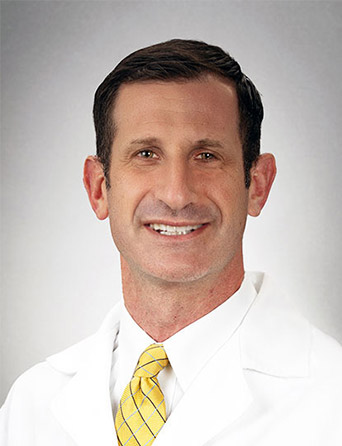Join Our eNewsletter!
Subscribe to our monthly newsletter to receive encouraging advice to help you lead a healthy lifestyle.

Water May Help Prevent Kidney Stones
Treatment varies depending on the type of stone
Q: What are kidney stones and what causes them?
"Kidney stones are small, hard deposits that form inside your kidneys. The stones are made of mineral and acid salts. They have many causes and can affect any part of your urinary tract — from your kidneys to your bladder. Stones may form when urine becomes concentrated, allowing minerals to crystallize and stick together," says Christopher Chon, M.D., chief of Urology at Kelsey-Seybold Clinic.
"A kidney stone might not cause symptoms until it moves around within your kidney or passes into your ureter — the tube connecting the kidney and bladder," he says.
If that happens, signs and symptoms may include:
- Severe pain in the side and back, below the ribs.
- Pain that spreads to the lower abdomen and groin.
- Pain that comes in waves and fluctuates in intensity.
- Pink, red or brown urine.
- Nausea and vomiting.
"If someone in your family has kidney stones, you're more likely to develop stones, too. If you've already had one or more kidney stones, you're at increased risk of developing another. Other factors that may increase your risk of developing kidney stones include obesity not drinking enough water each day, eating foods high in protein, sodium and sugar, and certain medications," Dr. Chon says.
If you have signs and symptoms of kidney stones, make an appointment with your doctor.
"Treatment varies, depending on the type of stone. Most kidney stones won't require invasive treatment. Those that can't be treated with conservative measures — either because they're too large to pass on their own or because they cause bleeding, kidney damage or ongoing urinary tract infections — may require more invasive treatment including surgery," says Dr. Chon.
Meet Our Team
Our Urology specialists provide compassionate, expert care of urological conditions for men and women at Kelsey-Seybold Clinic locations throughout the Greater Houston area, so you’re never far from the care you need.








